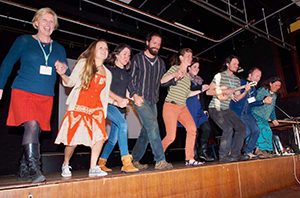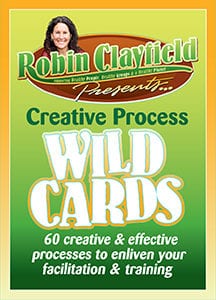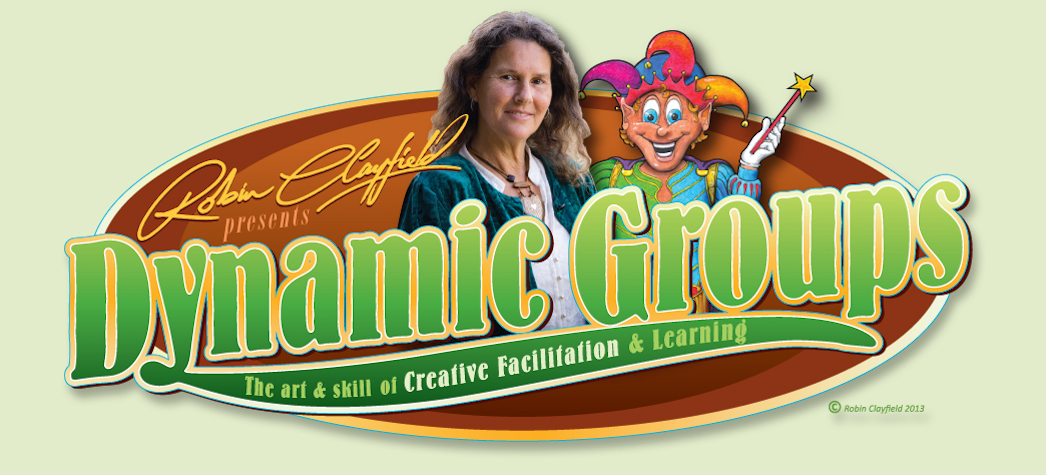How often do you take time to review and renew your course design, your session plan that you work from to present regularly, your meeting agenda design or your event program? Do you tend to repeat the same session over and over or use similar processes to deliver the content you’re working with? Or do you challenge yourself to try new things, throw out the routine curricular or procedure, swap a standard process for a more creative one and dance on the edge of growth and expansion with each new challenge you give yourself?
Do you get bored with what you offer to your groups? Are you tired of doing things the same way? Do your

participants seem bored or disengaged? Or are your groups, meetings, events and sessions fun and exciting, receiving great feedback and motivating participants to thrive and shine. Do you complete and celebrate a job well done and feel empowered and energized while knowing your group and each individual involved felt the same?
We all work in different ways and I find the way I work best is on the edge of my comfort zone, planning well, designing each session especially for the group I’m facilitating and gathering the appropriate resources, then, always trying something new. I design in the new and then also, having the solid foundation of a session plan, I’m able to throw out some aspects of it, or all of it if need be, to fully meet the needs of the group or any situation that may arise.
The ‘Creative Process Wild Cards’ are a playful and dynamic way to challenge oneself to use a new process,

to spice things up or introduce other ways of working which stimulate the group, generate creative ideas while growing teamwork and group energy.
So my challenge to you now is to pick 3 ‘Creative Process Wild Cards’, either out of the set you may already have (or purchase online here) or out of the list of 20 I’ve placed here after drawing them randomly form the set. I’ve written them in a list, in the order that I picked them, so you can now close your eyes and point with 3 of your fingers and then look and see which processes are listed closest to your fingers.
I challenge you to then design an activity or session for your next group, class or meeting which uses all three of the processes to present the learning content or agenda item or session, whatever you’re doing next with a group. Remember to design it as an interactive group session where people are ‘Speaking and Doing’ if possible.
I’d love your feedback and sharing about which cards you picked, what you designed and how your facilitation went.
Here’s some cards to pick from. Remember to close your eyes.
- Journeys
- P.M.I. (Edward deBono’s ‘Plus, Minus, Interesting’ process)
- Crosswords or Word Puzzels
- Quizzes
- Body Sculpture
- Mind Mapping
- Recipes
- Fuzzy Felt or Sticky Carper with Velcro
- Webs and Nets
- Gifts and Giving
- Board Games
- Collages
- Hot Potato (Ask Robin to explain if you don’t know this process)
- Sociographic Line-ups
- Open Space Technology (See Harrison Owen)
- 6 Thinking Hat (and Edward deBono Process)
- Roleplay
- Story Telling
- Sand Pit
- Visualisation
 Dynamic Groups, Dynamic Learning Dynamic Courses, Books, Resources and Tours for Healthy Groups, People and Culture with Robin Clayfield
Dynamic Groups, Dynamic Learning Dynamic Courses, Books, Resources and Tours for Healthy Groups, People and Culture with Robin Clayfield
